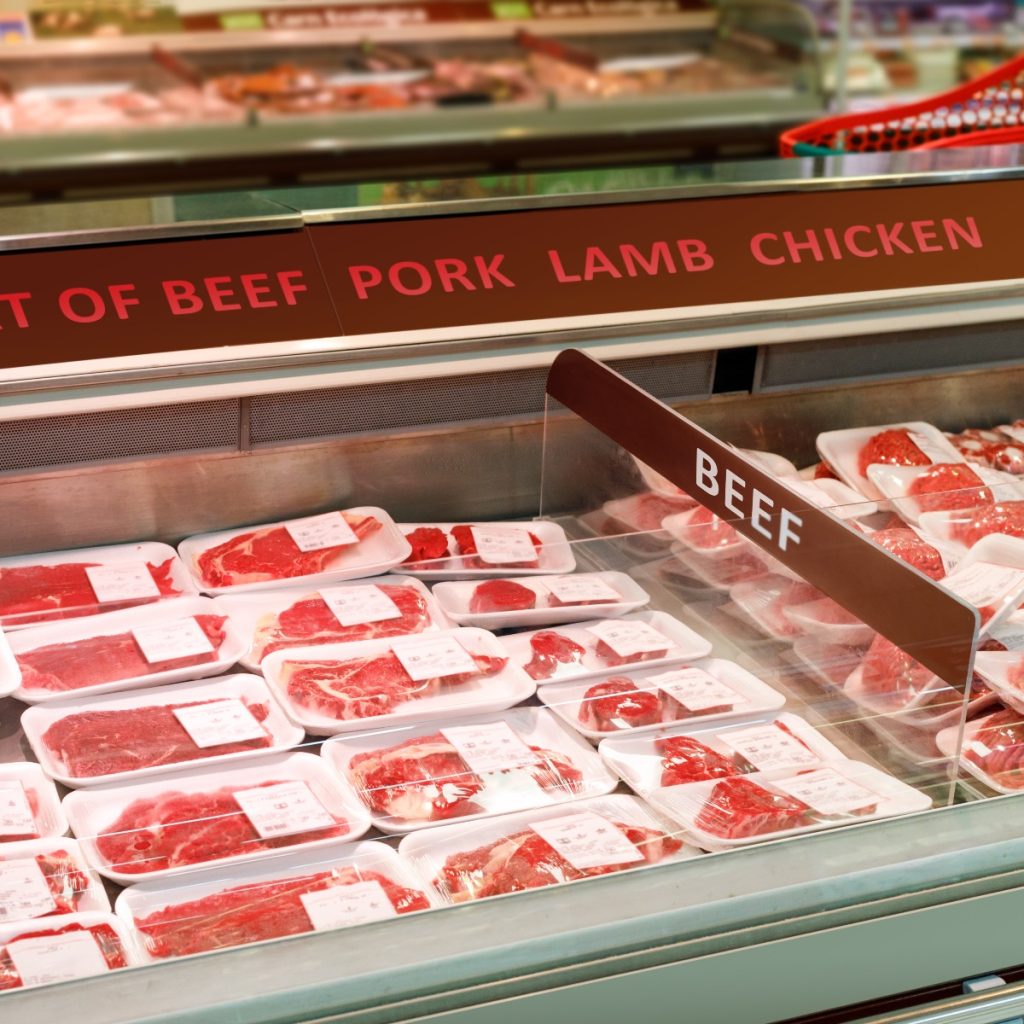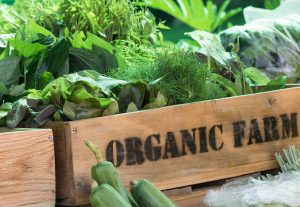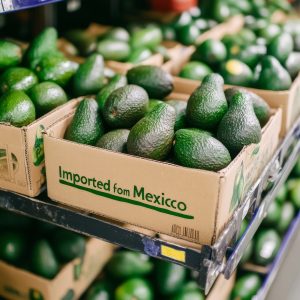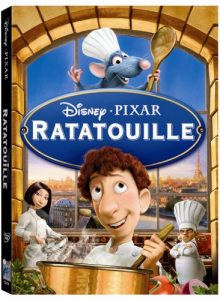What Is Food Fraud and How to Avoid It?
I had never thought of food fraud until my oldest daughter brought it up and thought I should research it. So in this post, I will look at some of the issues surrounding food fraud and what foods we should keep our eyes on.
Food fraud intentionally deceives consumers by misrepresenting food products or ingredients through substitution, dilution, or mislabeling. It is a global issue that affects the entire food supply chain, from producers and manufacturers to retailers and consumers.
The motivations for food fraud are typically financial gain, as fraudulent products can be sold at a higher price or with less expensive ingredients or to circumvent regulatory requirements.
What Does It Look Like?
Food fraud can take many forms, including adulteration, counterfeiting, misbranding, and tampering. Adulteration involves adding non-authentic substances or ingredients to food products, such as adding water to milk or replacing olive oil with cheaper oils.
Counterfeiting involves copying or imitating authentic food products or packaging, such as fake wine labels or counterfeit baby formula. Misbranding involves labeling products with false or misleading information, such as falsely claiming a product is organic or free-range when it is not.
Tampering involves intentionally contaminating or altering food products, such as adding foreign objects or pathogens.

Economic Consequences
Food fraud can have serious health and economic consequences. For example, adulterated or counterfeit food products can pose health risks to consumers, such as the presence of allergens or harmful substances.
Mislabeling of food products can also lead to economic losses for consumers and legitimate producers who follow the rules and regulations. Additionally, food fraud can undermine consumer trust in the food industry, damaging the reputation of legitimate producers and retailers.
What Are Some Common Examples of Food Fraud?
- Adulteration of spices: Spices are often adulterated with cheaper materials, such as cornstarch or sawdust, to increase their weight and reduce the cost.
- Mislabeling of seafood: Seafood is often mislabeled to sell a cheaper species as a more expensive one. For example, tilapia may be sold as red snapper or catfish as sole.
- Olive oil fraud: Olive oil is often diluted with cheaper oils, such as sunflower or canola oil, or labeled as extra-virgin when it is not.
- Counterfeit alcohol: Counterfeit alcohol is often made with industrial alcohol and sold as branded or premium spirits. It can be dangerous due to the use of toxic substances in production.
- Meat substitution: Meat products are sometimes substituted with cheaper or inferior cuts or other types of meat, such as horse meat labeled as beef.
- Honey adulteration: Honey is often adulterated with cheaper sugars or corn syrup, which is fraudulent and poses health risks to consumers.
- Fraudulent organic food: Products are sometimes labeled organic without proper certification or documentation.
- Milk adulteration: Milk may be adulterated with water, melamine, or other substances to increase volume or alter the protein content.
- Juice fraud: Juice may be diluted with water or sugar or made with cheaper fruits or vegetables than those advertised.
- Spurious dietary supplements: Dietary supplements may be marketed with false health claims, contain ingredients not listed on the label, or are unsafe for human consumption.

Solutions
Food fraud is a complex issue that requires a multi-faceted approach to address. One approach is to increase transparency and traceability in the food supply chain.
This can be done by implementing rigorous testing, inspection, and certification processes, as well as using advanced technologies such as blockchain and DNA testing. Such measures can help to identify fraudulent products and prevent them from entering the market.
Another approach is to increase consumer awareness and education about food fraud. Consumers can be empowered to make informed purchasing decisions by educating them on how to read food labels, identify fraudulent products, and report suspected food fraud cases.
Additionally, the food industry can work to build trust with consumers by improving communication and transparency about their products and practices.
What Can Governments Do?
Regulatory agencies also play a critical role in preventing food fraud. Governments can enact and enforce laws and regulations that require proper labeling and traceability of food products and impose penalties on those who engage in fraudulent practices.
International organizations such as the World Health Organization and the Food and Agriculture Organization can also work to develop global standards and guidelines for preventing food fraud.
Food fraud is a serious issue that affects the safety and integrity of the food supply chain. It is a complex problem that requires a collaborative effort from all stakeholders, including producers, regulators, consumers, and international organizations.
By implementing measures to increase transparency and traceability, educating consumers, and enforcing regulations, we can work together to prevent food fraud and ensure the safety and authenticity of our food supply.
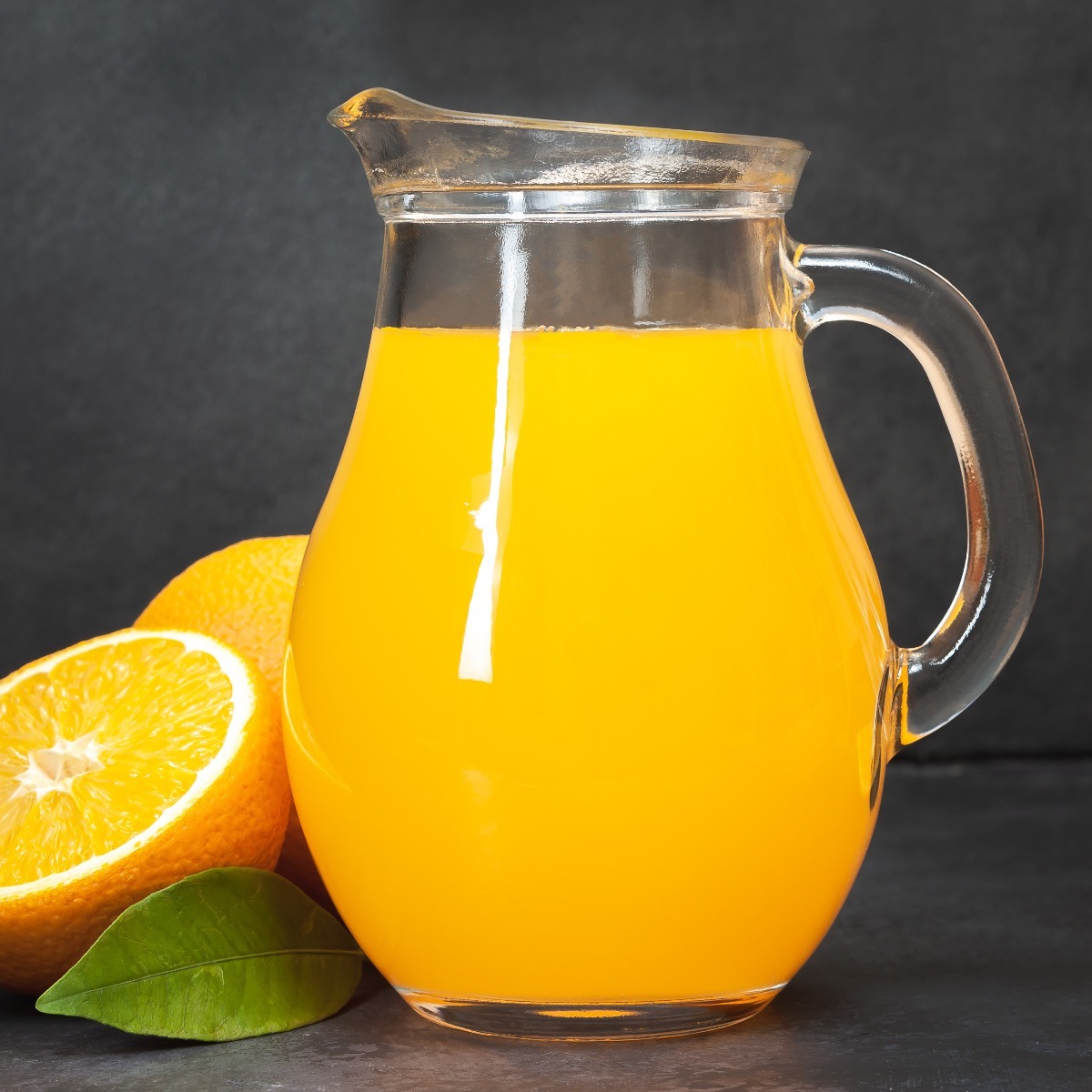
Five Sad Facts About Food Fraud
Food fraud is a widespread problem: Food fraud affects every part of the world, and it is estimated that up to 10% of the global food supply is affected.
- It can be deadly: Food fraud can lead to consuming contaminated or toxic substances, which can cause severe illness or even death. For example, melamine contamination in milk in China in 2008 led to the death of six infants and sickened thousands more.
- It harms the economy, costing the global food industry billions of dollars annually. It can also lead to lost sales, damage to brand reputation, and reduced consumer confidence.
- It disproportionately affects the poor, often targeting low-income consumers more likely to purchase cheaper products. These consumers may not have the resources or knowledge to identify fraudulent products, leaving them vulnerable to health risks and financial losses.
- It undermines food security: it can undermine food security by reducing the availability of safe and nutritious food. It can also lead to unfair competition and disrupt supply chains, impacting food availability and long-term affordability.
What Can You Do to Avoid Food Fraud?
- Read labels carefully: Consumers should read food labels carefully and be aware of any claims that seem too good to be true. For example, a product labeled “organic” may not be certified, so consumers should look for the organic certification label on the packaging.
- Be wary of extremely low prices: If a product is priced significantly lower than similar products, it may be a sign of food fraud. Therefore, consumers should be cautious and investigate these products before purchasing.
- Shop at reputable retailers: Consumers should shop at retailers with a good reputation for quality and authenticity. Retailers that have a rigorous testing and certification process in place are more likely to sell genuine products.
- Buy whole foods: Consumers can reduce the risk of food fraud by purchasing whole foods, such as fruits and vegetables, less likely to be tampered with than processed foods.
- Be aware of seasonal foods: Consumers should know which foods are in season and where they are typically grown. If a product is out of season or from a country that does not typically produce that product, it may be a sign of food fraud.
- Report suspected fraud: Consumers should report any suspected food fraud to the appropriate regulatory authorities, such as the FDA or USDA. This can help to prevent the sale of fraudulent products and protect the health and safety of consumers.
By taking these steps, consumers can reduce their risk of purchasing fraudulent food products and ensure they get what they pay for.

Have There Been Any Lawsuits Involving Food Fraud?
Yes, there have been many lawsuits resulting from food fraud. In recent years, there have been several high-profile cases of food fraud that have resulted in legal action, including:
- Horse meat scandal: In 2013, it was discovered that horse meat had been fraudulently labeled and sold as beef in some European countries. Several companies were implicated in the scandal, and legal action was taken against them.
- Olive oil fraud: In 2016, a group of consumers in the US filed a class action lawsuit against a major olive oil producer, alleging that the company had fraudulently labeled its products as extra-virgin olive oil when they were lower quality oils.
- Honey adulteration: In 2019, a major honey producer in the US was fined $2 million for adulterating its products with cheaper sweeteners, such as corn syrup.
- Mislabeling of seafood: Several companies have been sued for mislabeling seafood, including a 2015 case in which a major US grocery chain was fined $1.5 million for selling mislabeled seafood products.
- Counterfeit alcohol: In 2018, a man in the UK was sentenced to four years in prison for selling counterfeit alcohol that contained industrial chemicals, including cleaning fluid and nail polish remover.
- Pomegranate juice fraud: In 2014, a US-based juice manufacturer was sued for fraudulently labeling its pomegranate juice as 100% pure when it contained less expensive juices, such as grape and apple.
- Organic food fraud: In 2017, a company in the US was sentenced to five years in prison and fined $10.5 million for fraudulently labeling non-organic grains and seeds as organic and selling them at a premium price.
- Coffee fraud: Several companies have been sued for misrepresenting the origin and quality of their coffee, including a 2016 case in which a coffee roaster in the US was sued for fraudulently labeling its coffee as “Kona” when it did not contain any Kona coffee.
- Wine fraud: In 2019, a wine dealer in the US was sentenced to 10 years in prison for selling counterfeit wine and defrauding customers out of millions of dollars.
- Cheese fraud: In 2018, a US-based cheese company was sued for fraudulently labeling its cheese as “100% Parmesan” when it contained fillers such as cellulose and wood pulp.
These lawsuits demonstrate the wide range of food fraud across different food categories and the importance of ensuring accurate labeling and authenticity in the food industry.
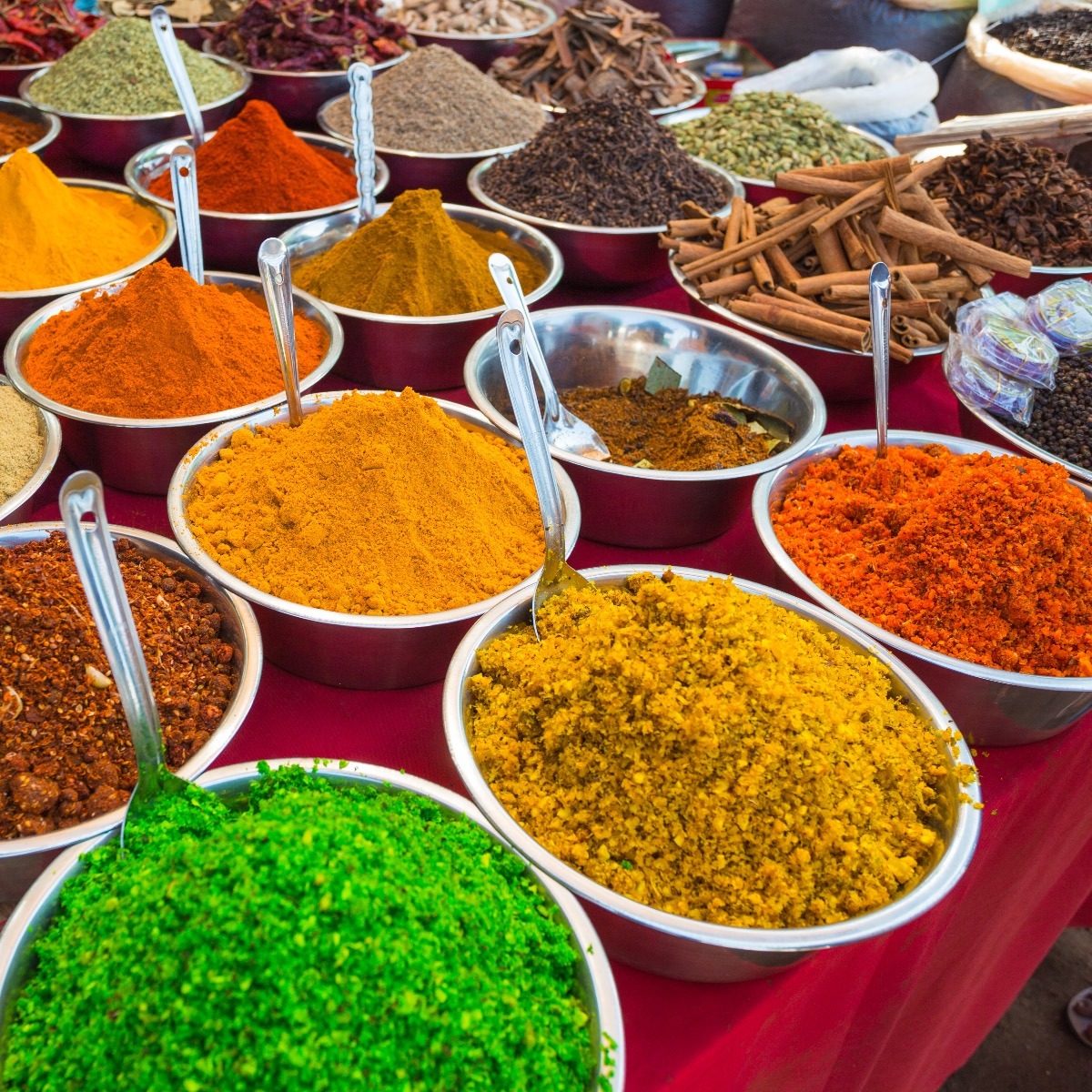
What Is the Most Famous Case of Food Fraud in American History?
One of American history’s most famous food fraud cases is the “Great Embalmed Beef Scandal” of the late 19th century. This scandal involved the sale of tainted and decomposing meat to the US Army during the Spanish-American War.
In 1898, the US government contracted with several meatpacking companies to provide canned beef for the troops. However, it was discovered that much of the beef was spoiled and unfit for human consumption. The meat was reportedly treated with chemicals, such as borax and formaldehyde, to conceal its decomposition and improve its appearance.
The scandal was widely reported in the press and led to public outrage. As a result, the government launched an investigation, and a congressional committee held hearings on the matter. The hearings revealed the meatpacking industry’s unhygienic conditions and questionable practices and helped pave the way for the passage of the Pure Food and Drug Act of 1906.
The Great Embalmed Beef Scandal is often cited as a turning point in the history of food safety in the United States and a pivotal moment in developing food regulations and consumer protection laws. It also helped to raise public awareness about the risks of food fraud and the need for greater transparency and accountability in the food industry.

